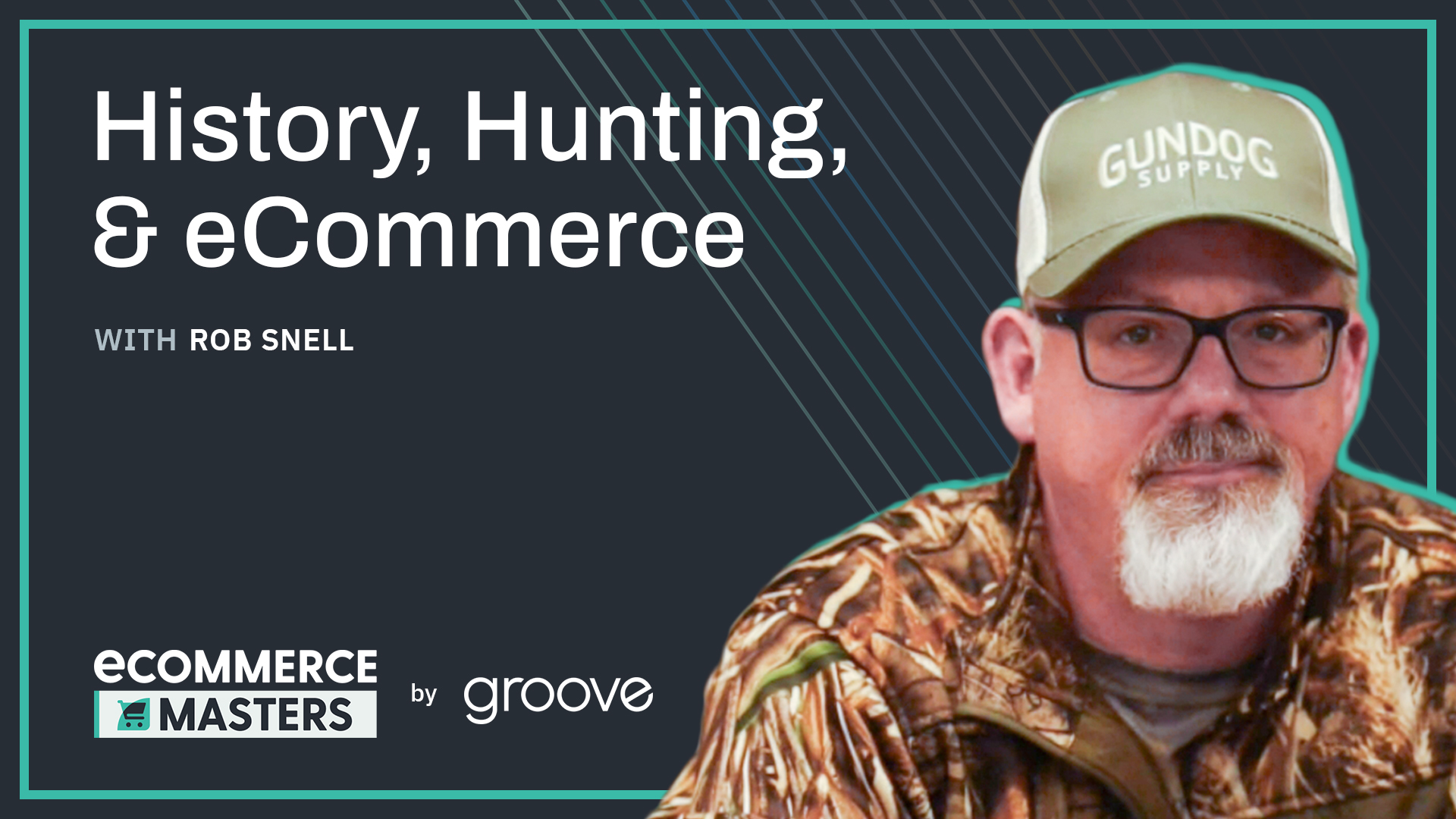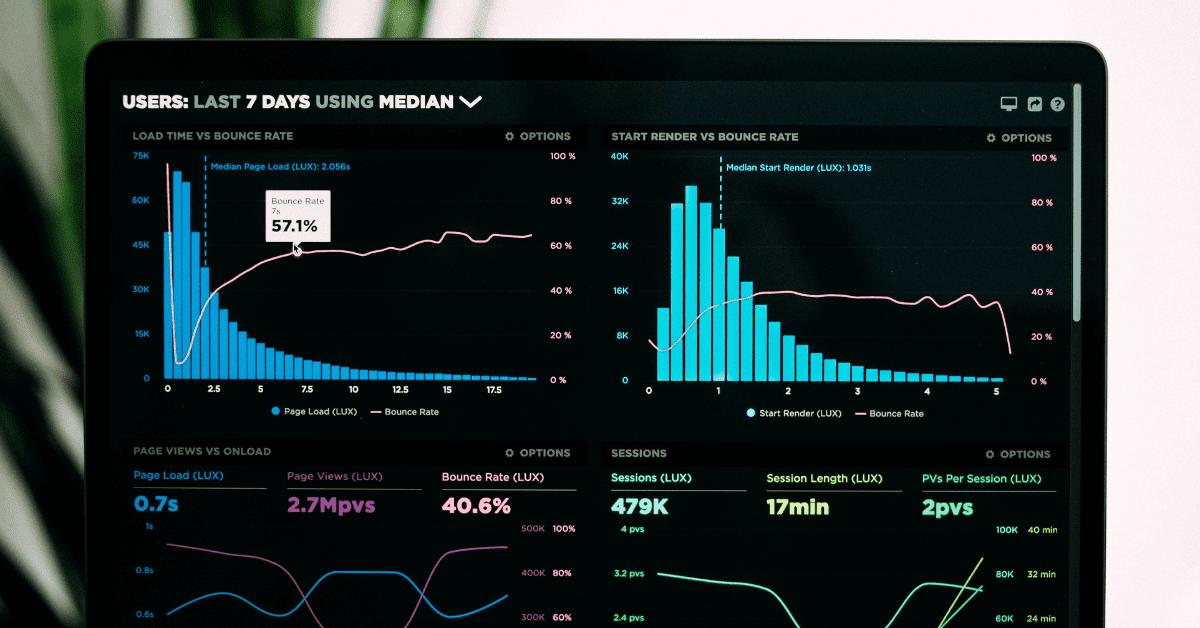Increasing organic rank doesn't happen overnight. It involves a great amount of SEO optimization, time and patience. Luckily, there are steps brands can take optimize their eCommerce SEO strategy and beat the competition.
SEO For eCommerce: On-Page vs. Off-Page Optimization
There are many technical and non-technical facets of SEO for eCommerce businesses to implement. To help you get started with optimizing your organic search strategy, we're diving into the various components of both on-page and off-page SEO.
On-Page SEO
On-page SEO refers to the content that lives on your website's pages − think blog posts, landing pages, website pages, etc. Though on-page SEO involves optimizing individual pages to increase organic rank, there are other factors that contribute to a great on-page SEO strategy.
Keyword Optimization
Conduct keyword research to find words and phrases that you'd like your web pages to rank for. Look for keywords that have a high search volume and a low competition. A high search volume means that the keyword is often searched for by your target audience, and a low competition value can help determine whether your website has the authority to rank above competitors' pages for the same keyword. Here are some of our favorite eCommerce SEO tools for keyword research.
After you determine the keywords you want to rank for, it's time to optimize the content on your site. Be sure that the primary keyword you're going after is assigned to only one page. If you attempt to rank multiple pages for the same keyword, this will cause keyword cannibalization − in other words, you'll be competing with yourself to rank on search engine results pages.
Avoid keyword cannibalization by dispersing a few similar keywords throughout the page with the primary keyword. This way, search engines understand that your content is relevant, which means that your content has a better chance of getting in front of your target audience when they search for that term.
Content Optimization
It's imperative that the primary keyword you want to rank for is included in the page's title, headings (especially H1), meta description, URL, alt text for images and image file names. All of these on-page elements help search engines understand that the content on your page is valuable and relevant to the primary keyword, which means users searching for the keyword will find value when they land on your page.
Also, write content that your website visitors will find valuable and informative. Be sure the page is all about the targeted keyword. Hyperlink to other relevant content that your business creates, so search engines can better understand how both pieces of content relate. If applicable to the topic, use the primary keyword as the hyperlinked anchor text.
Off-Page SEO
Though on-page SEO is great for increasing visibility and helping search engines better understand the content on your site, it's not enough on its own to make a significant impact in organic search rankings. That's where off-page SEO comes into play. Off-page SEO involves tactics that help search engines gain a better idea of what others think of your site.
High-Quality Links
Link building is one of the most important off-page aspects of SEO for eCommerce businesses. When Google sees that other trusted, high-authority websites are linking back to your brand's content, it recognizes that your site provides valuable content to visitors. On the other hand, if spammy websites with no authority are continuously linking to your content, then Google recognizes your website as spammy, too.
Social Media
Social media is another huge aspect of off-page SEO because it involves followers sharing your company's content and even user-generated content. Social media allows for word of mouth marketing to reach wider audiences, too. Though social media is not a direct ranking factor according to Google, the links that are shared from a brand's account may be viewed as credible backlinks. Plus, social media profiles have the ability to rank on search engine results pages.
Last, consumers today rely not only Google but also on social media platforms to learn more about brands and their products and services. Social media platforms are essentially search engines themselves, so it's critical to have an established social media presence on the platforms that are most relevant to your business.
Conclusion
If you want to learn more about SEO for eCommerce and the best SEO services to invest in, reach out to our team through the form below. We're happy to hop on a call and learn more about your company's existing SEO strategy and tell you more about Groove Commerce's SEO approach.
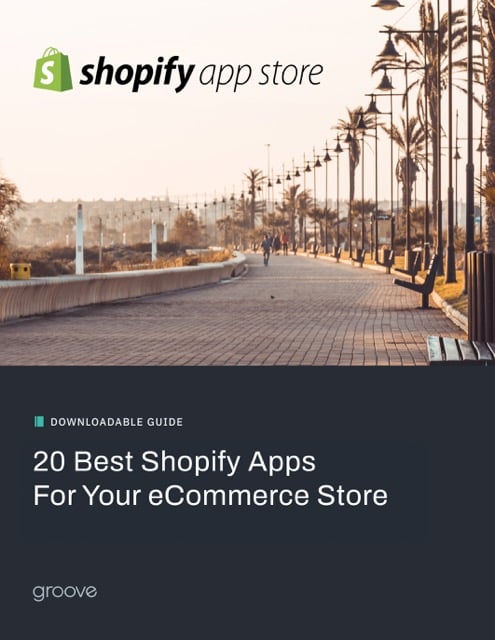
E-BOOK
20 Best Shopify Apps For Your eCommerce Store
Explore tags:
About the author
Dana LaBate is an eCommerce blogger who loves exploring the latest trends in online shopping. They share their thoughts on everything from personalized shopping experiences to subscription services.
Subscribe to the Groove Newsletter
Get the latest updates and insights straight to your inbox

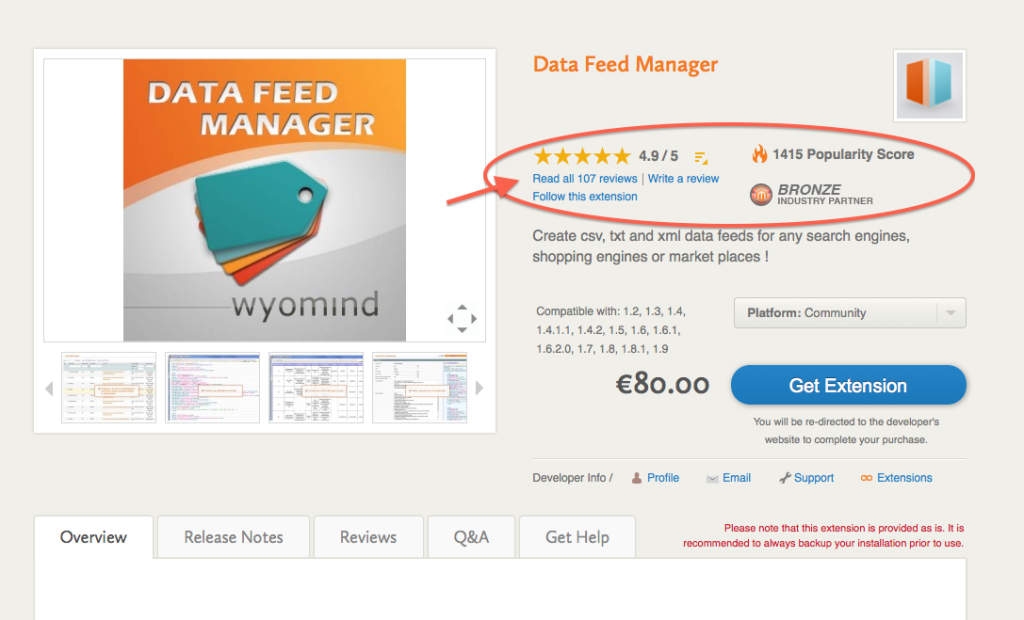
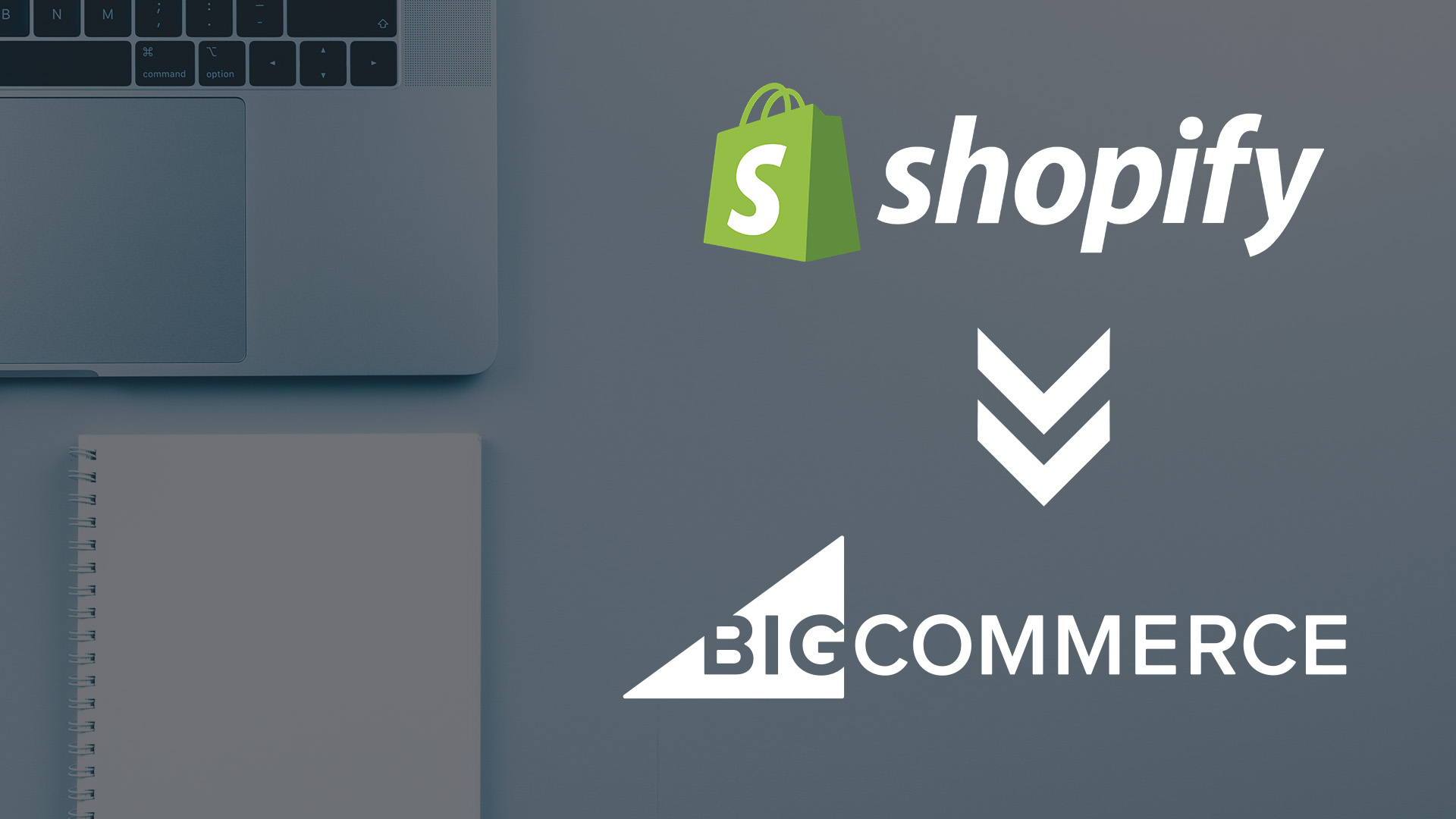
![32 AI eCommerce Tools To Start Using Today [2024]](https://www.groovecommerce.com/hubfs/2023%20Website/Blogs/AI%20Blog%20Social%20Media%20Tools/7%20AI%20Tools%20For%20eCommerce%20Merchants%20To%20Start%20Using%20Today%20-%20Promo%20Image%20Large.jpeg)

